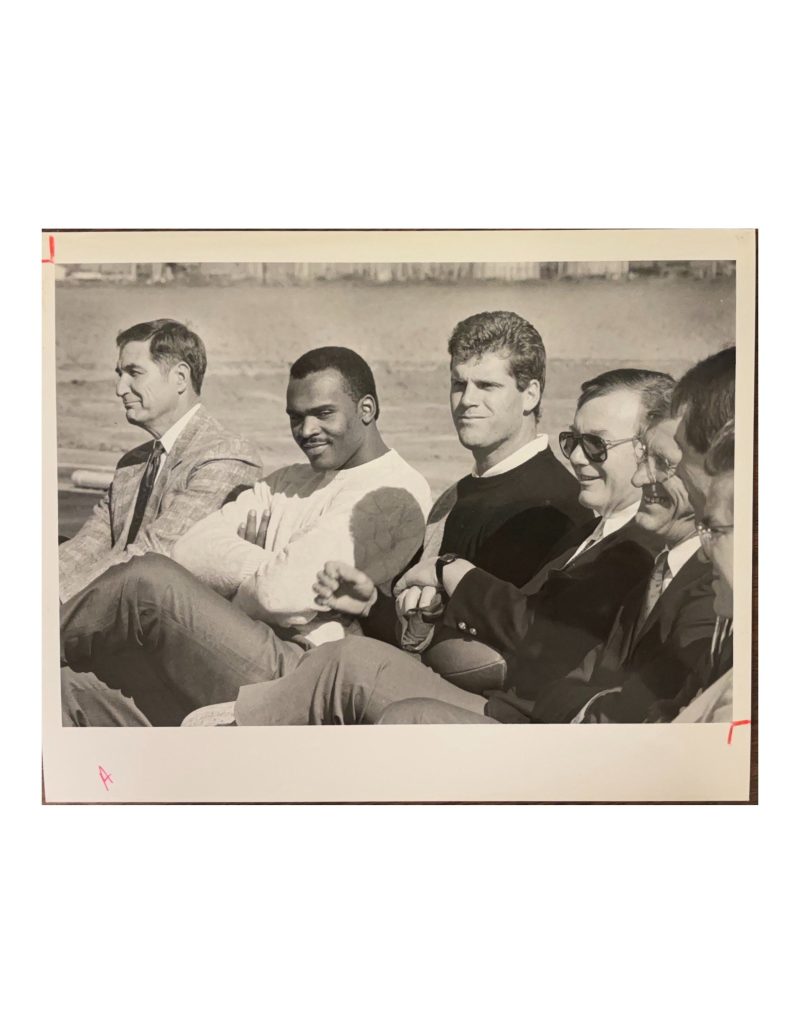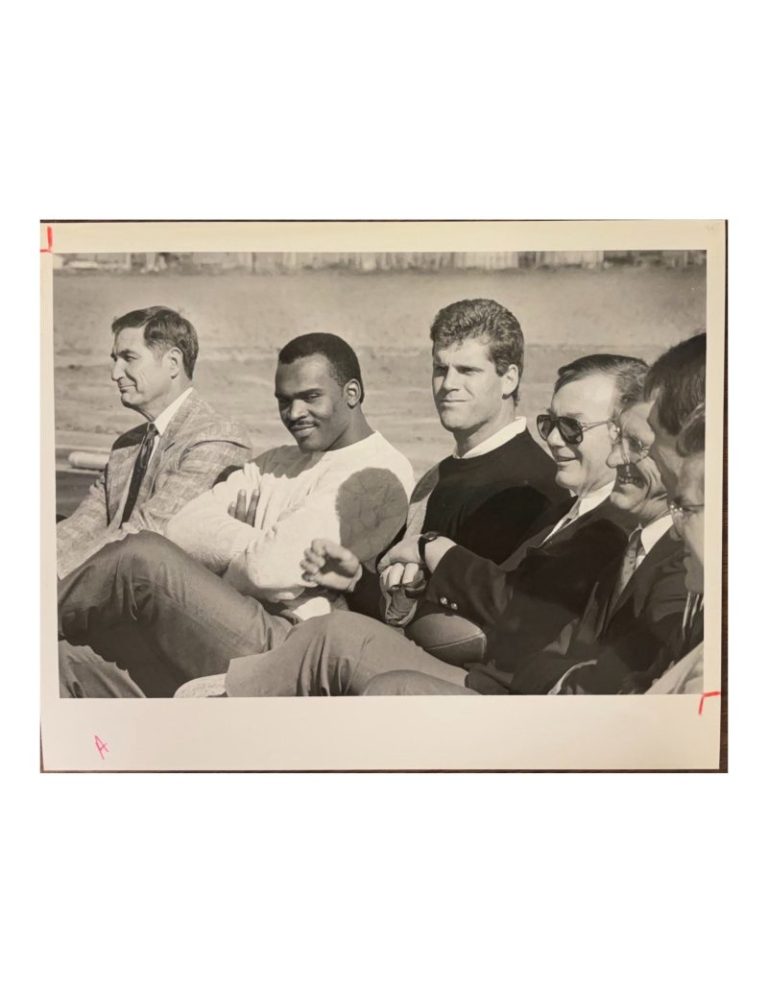
Former Arizona Cardinals left tackle Luis Sharpe, a three-time Pro Bowl selection during his 13 seasons with the franchise from 1982-1994, has died. He was 65.
Sharpe’s wife, Tameka Williams-Sharpe, posted news of his death on Facebook on Saturday, July 12.
“With deep sorrow and abiding love, I share that my beloved husband, Luis Sharpe, has passed away,” she wrote. “His strength, love, and faith were a light to all who knew him. I am grateful for every moment we shared and for the many prayers and kindnesses extended to our family.
‘Though my heart is heavy, I trust that Luis is now resting in God’s eternal peace. Please continue to keep our family lifted in prayer.”
Sharpe, who was born in Havana, Cuba, was a first-round pick out of UCLA by the then-St. Louis Cardinals in 1982 and stayed with the franchise when it moved to Arizona. He is widely regarded as the best left tackle in club history.
Although Sharpe excelled on the football field, he battled alcohol and drug addiction, which only got worse in the years following his NFL career. He was arrested multiple times, jailed, and shot twice during drug transactions.
Sharpe had been sober, however, for the past eight years and told the Detroit Free Press during an interview in December that the turning point in his life was the intensive Bible study he began in prison.
“As an athlete, my self-esteem came from the applause of the fans and all of the accolades I received – that’s what filled me,” Sharpe told the paper. “But after being homeless, penniless and hopeless, I have more peace and more joy than I did during my NFL days because God has taken my mess and turned it into a message.”
Sharpe and his daughter Rebekah had teamed together to address the drug and mental health crises by sharing their story about addiction and its effect on their lives. They had been serving as ambassadors for Hall of Fame Health, an affiliate of the Pro Football Hall of Fame that aims to positively impact the health of former NFL players and communities across the country.

